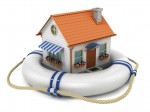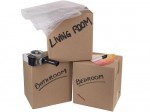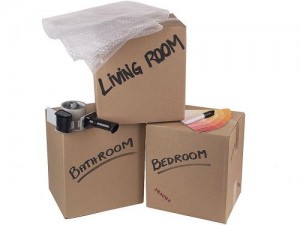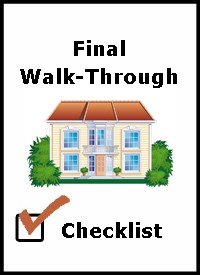New Water Heater Regulations

If you’ve been thinking about replacing your water heater soon, you will want to read up on how the new water heater efficiency standards, effective April 16, 2015, will affect your options.
The U.S. Department of Energy recently mandated sweeping changes in the energy efficiency standards of this water-heating appliance. The new standards call for much higher Energy Factor (EF) ratings on all water heaters manufactured with larger than 55 gallons in capacity.
New water heater regulations mean huge changes in how larger capacity water heaters are manufactured, distributed and installed.
While the new mandates will add up to long term energy savings for all, the initial cost of replacing your old water heater may quickly become significantly more expensive.
For example, the average cost of conventional minimum-efficiency 60-gallon gas and electric water heaters is approximately $675 to $1,500 a unit. While in comparison, the new units manufactured after April 16 will cost anywhere from $1,200 to $2,450 each.
That’s not all. Water heaters manufactured after the new energy efficiency standards go live will require a different heat-pump design and will take up more space than your model now.
This means that if your current water heater is located in close quarters, like a 3 foot x 3 foot water closet or attic, you may be looking at a small home remodel to accommodate the larger units as well.
Water heaters contribute to a significant part of your monthly electric or gas bill. When replacing a water heater you should consider a tankless unit. These space saving units heat water on demand, only when you need it. The tankless technology offers endless hot water – you’ll never take a cold shower again! Because the water is only heated when it is being used, tankless water heaters are a great energy efficient solution for heating the water in your home. You’ll enjoy energy savings, better performance, extended life, fresh water, space savings and more capacity than traditional “tanked” water heaters.
If you are planning on purchasing a home or investment property that will need a new hot water heater, you should figure in these higher cost estimates in addition to the cost of retrofitting the space, if needed.





 Moving into a new house is exciting, but the list of “to dos” can be overwhelming. You not only have to pack and prep the new house, but you have to tie up all the loose ends at the old place. Here are 10 tasks that are easily overlooked when moving into a new home – if you take care of these, you’ll have a leg up on moving day.
Moving into a new house is exciting, but the list of “to dos” can be overwhelming. You not only have to pack and prep the new house, but you have to tie up all the loose ends at the old place. Here are 10 tasks that are easily overlooked when moving into a new home – if you take care of these, you’ll have a leg up on moving day.


 with a thorough checklist and assist you with the walk-through. The checklist should include, but not be limited to the following:
with a thorough checklist and assist you with the walk-through. The checklist should include, but not be limited to the following:
 Kim N. Bregman
Kim N. Bregman